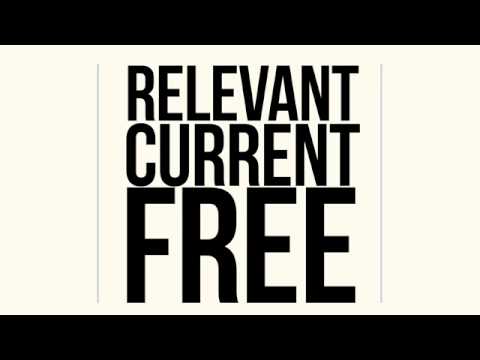We might be biased, but we think that OERs are essential to a world where education and knowledge are freely accessible to all, for the benefit of all.
To get you started, below are interviews conducted initially for the Year Of Open in 2017 with Open Education contributors from around the world. Many of these opinions are still relevant.
Why Open Educational Resources Matters? by Brendan Walsh, Why Open Education Matters, U.S. Department of Education is licensed under CC BY 3.0
#What do other people think?
Joe Wilson, @joecar, Open Scotland, MA, MBA, DipEd, PGCSE
Why is this important ?
The ability to create, source , re-purpose, use and publish open educational resources is a subset of broader open educational practices but OER needs some national policy drivers to encourage their adoption and the practices associated with them.
In some countries OER, in the form of open textbooks, are seen as a cost effective way to make learning more accessible. In countries like Scotland where the curriculum is not so text book driven and education is already seen as a lifelong common good , access to open educational resources can expand access to education, widen participation, create new opportunities for teachers and learners at every stage of learning, while creating a culture of institutional collaboration and sharing both across Scotland and globally.
The challenges we face in Scotland are not unique. Our ambitions are in line those of UNESCO.
What changes do you hope they will bring ?
In Scotland the adoption of policy and practice around open educational resources will break down the silos between learning in school, college, university, in the community and in the workplace. We founded Open Scotland and published the Open Scotland Declaration to encourage policy makers and institutions in Scotland to adopt more open practices, this including fostering an understanding of open educational resources.
An understanding of OER should be embedded in initial teacher training and in the continuing professional development of all staff working in and around education. This should include staff working in public galleries, libraries and museums and indeed anyone creating publicly funded learning materials.
What is the future of OER?
There will be a growth in national and international repositories or other means of curating open educational resources.
*The barriers to learning nationally and globally will be broken down.
*New services will emerge using artificial intelligence to harvest and deliver OER in a much more personalized way.
*Learning materials will increasingly be co-created by teachers and learners.
*The space that commercial publishers operate in will become a much more innovative one.
Why do you think OER matters 
Click on the ![]() to share your thoughts, ideas, resources, and experiences:
to share your thoughts, ideas, resources, and experiences:
- Why is OER important?
- What has OER done for you, your students, or your colleagues?
- What role do you see it playing in the future?
- What gaps are there? What should the Open Education community be focusing on?
New to Open Education? 
Curious to explore? Start here!
